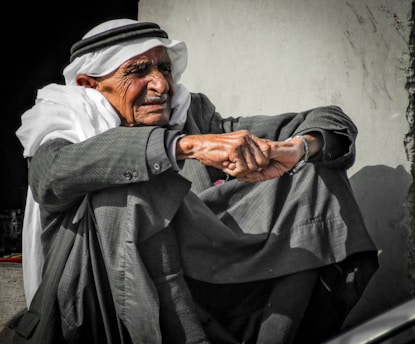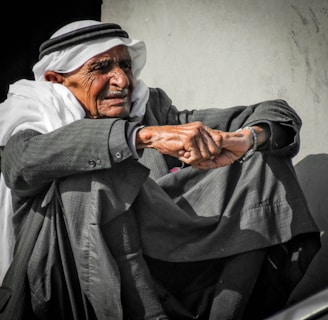
The False Spring of the Contemporary World; Syria
Syrian events and Turkey's share
TARIH


"There is nothing as stupid as supporting war and fighting for peace."
Desmond Tutu
The False Spring of the Contemporary World; Syria
The Arabian Peninsula, where imperialist states are playing their current games, wants to spread the false spring that started with Iraq to the entire Arabian Peninsula. Unfortunately, we sometimes participate in these games and we are also involved while our own neighbors are being destroyed. The Syrian events, which we are most involved in, started with the rebellion of the people called "terrorists" in the official literature, called the freedom army in the local literature, and the security in our neighboring lands has been destroyed with the intervention of Turkey, one of the states in the region, and America, the world's largest imperialist state. No matter how you look at the events, all groups that rebel against the official administration of a country and fight with weapons in their hands are called "terrorists". No matter which country, it cannot support terrorists. That is why, especially as the problems in the Middle East have increased, the "main issue" is the false spring...
Background 2011 Riots
The roots of the uprisings in Syria lie in the repressive and authoritarian practices of the country's government. In 2011, the popular uprisings, which started under the influence of the Arab Spring, emerged as a reaction against these oppressive practices.
The uprisings first started on March 15, 2011 in the city of Daraa. Young people there were detained for writing "people want to overthrow the regime" on the walls. This incident further fueled public anger and led to the rapid spread of the uprisings.
Rebels took to the streets demanding democracy, freedom and human rights. The regime violently suppressed these demands. Hundreds were killed and thousands injured in the protests.
Transformation: The Years of the Outbreak of Civil War
Violence by regime forces has exacerbated the rebellion. In late 2011, the rebels took up armed struggle. This led to the outbreak of civil war.
The civil war quickly spread across Syria. Fighting between regime forces and opposition groups has evolved into an ethnically and religiously diverse chaos.
External interventions have also added to the complexity. Countries such as Russia and Iran supported the Assad regime, while the United States and its allies backed opposition groups. This shifted the balance in Syria and widened the scale of the conflict.
International Intervention: Balance of Power
Russia's intervention in Syria in 2015 marked an important turning point in the conflict. With Russia's support, the Assad regime began to push back opposition groups.
This led to a split in the international community. Countries such as Russia and Iran recognized the Assad regime as legitimate, while the United States and its allies demanded his resignation.
Humanitarian Crisis: Millions of Victims
The war in Syria has turned the lives of millions of people upside down. Millions of Syrians have been forced to flee their country as a result of the war.
Today, 6.8 million people are displaced in Syria. 5.5 million of these refugees live in neighboring countries. Turkey is the largest host country for Syrian refugees.
The war has caused a humanitarian crisis in Syria. Millions of people are struggling to meet their basic needs. Families have been torn apart and children have disappeared.
Global Dimension International Responsibility
The crisis in Syria is not only a regional problem, but also an international responsibility. The international community is struggling to develop a common approach for a solution.
The UN Security Council has adopted many resolutions on the Syrian crisis. However, these resolutions have not been effective in ending the conflict.
Diplomacy and the Search for a Solution
Diplomatic efforts are an important tool for resolving the Syrian crisis. However, reaching a consensus between the different parties and finding a lasting solution is challenging.
The UN has been trying to find a solution to the Syrian crisis through initiatives such as the Astana Process and the Geneva Process. However, these initiatives have not yet yielded results.
Humanitarian Aid and Reconciliation-Oriented Policies
Humanitarian organizations are making efforts to provide support to those affected by the crisis. However, a long-term solution requires not only humanitarian assistance, but also policies that promote reconciliation between the parties.
The international community must do more to provide humanitarian assistance to Syria and promote reconciliation between the parties.
The Future: Hope and Uncertainty
The future of the Syrian crisis remains uncertain. However, if the international community comes together to step up its efforts in humanitarian aid, diplomacy and reconciliation, it can pave the way to a hopeful outcome.
The Syrian crisis poses a threat to the Middle East and the entire world. Its resolution depends on the international community working together. The crisis is particularly acute in Turkey. Turkish people do not want foreigners coming to their country. They have every right to do so, but they should not ignore their own country's share in the region's turmoil.
